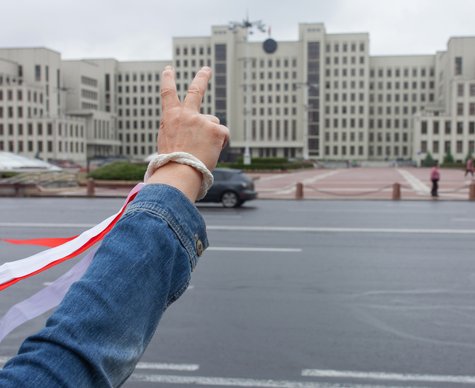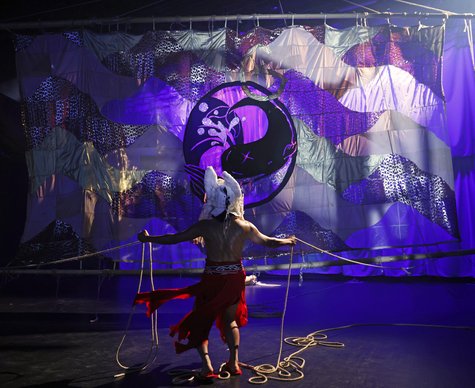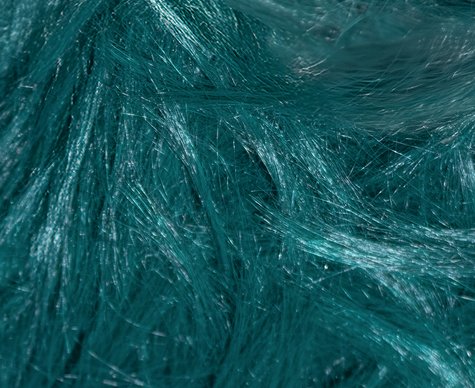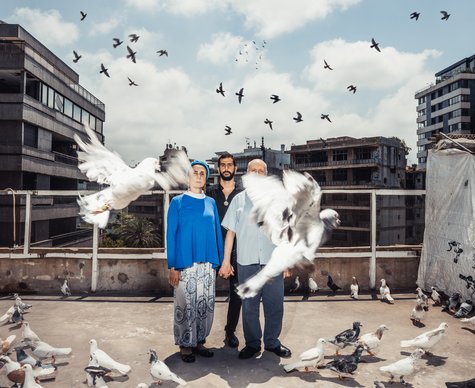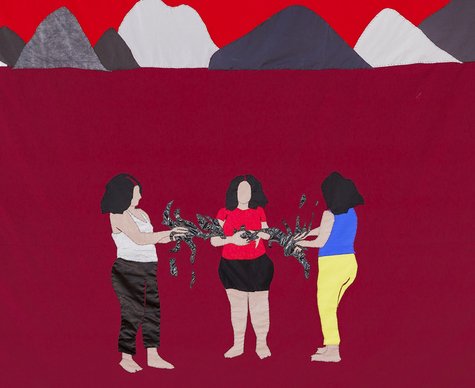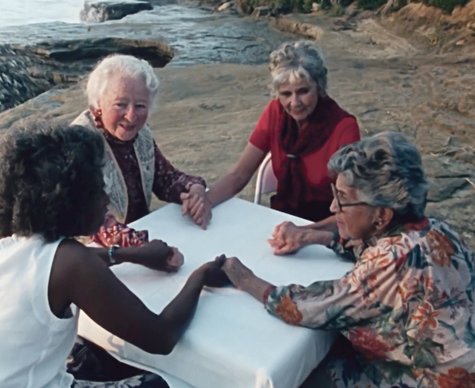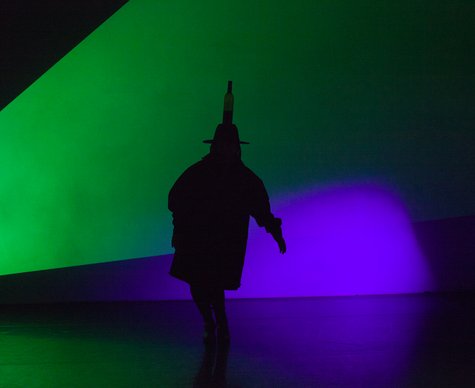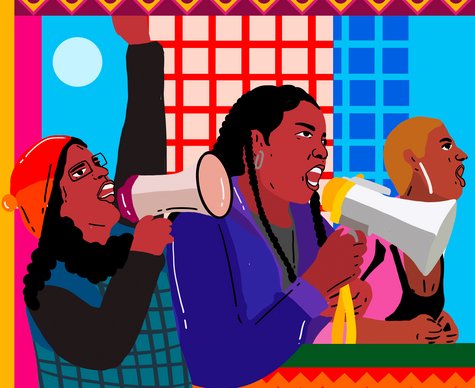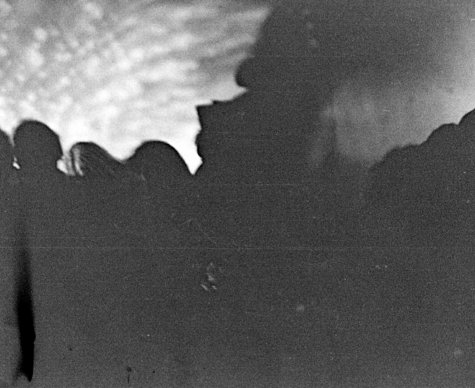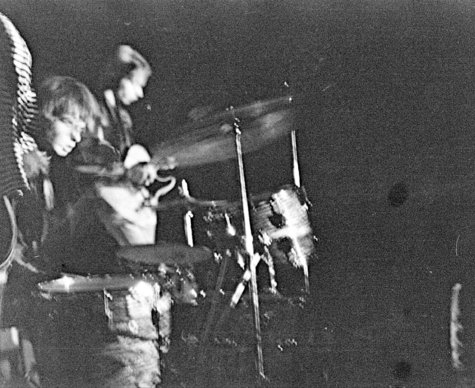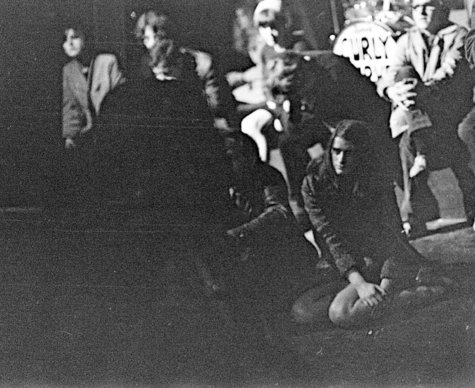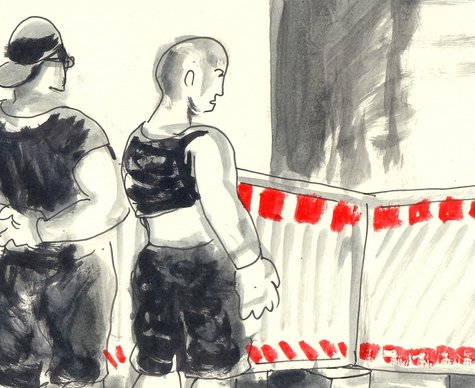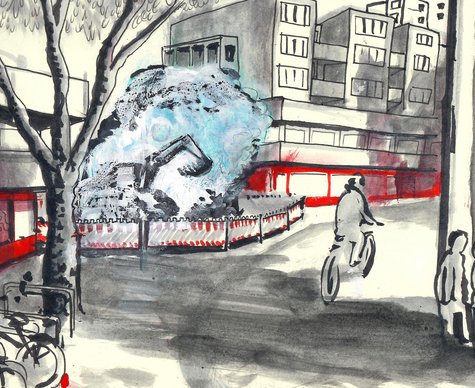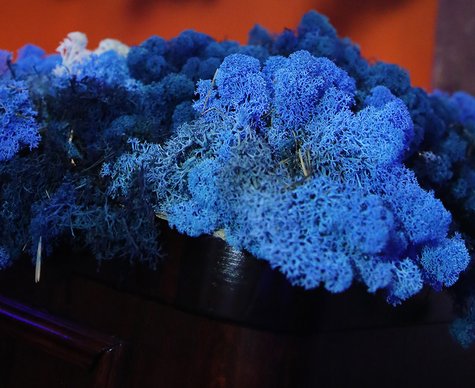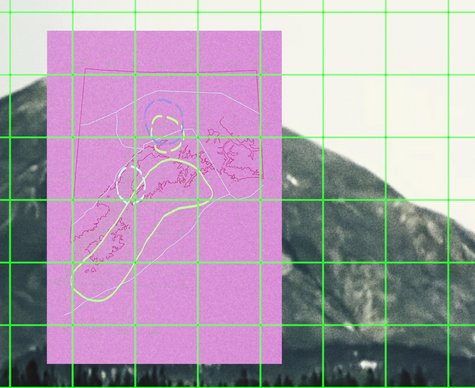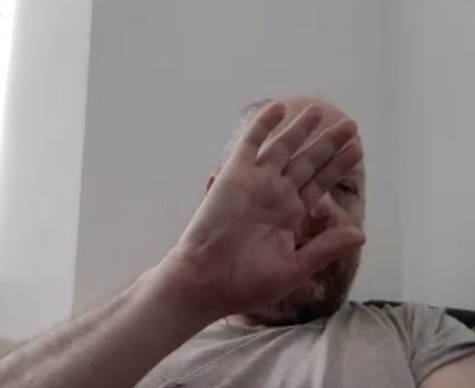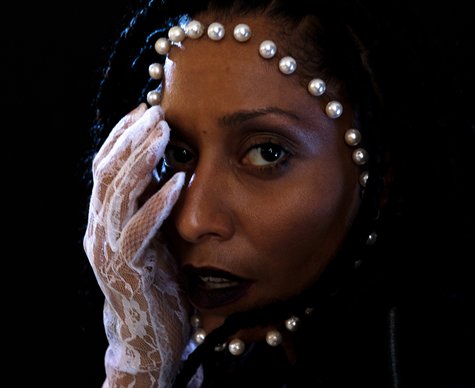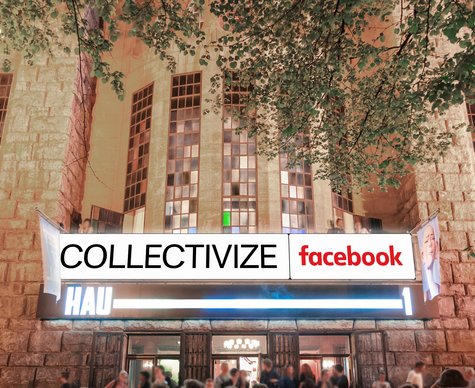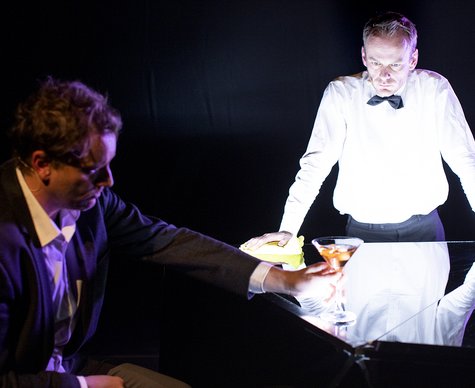On Violence
#5: Iran – A Feminist Revolution and Beyond
With Chowra Makaremi, Kamran Matin and Nina Vabab, Moderation: Bahar Noorizadeh
Afterwards available at the HAUthek
- Dialogue

After months of insurrection and violent state repression, we can name the women’s uprising in Iran a revolutionary movement. The murder of Jina (Mahsa) Amini, a young Kurdish woman in custody by the hijab police, triggered this revolution. Yet social dynamics and contentious politics that have affected the unfolding events are not reduced to the hijab – mass strikes, ethnic minority and enviromental justice struggles play a significant role. In Germany and beyond this is still not sufficiently addressed. In the fifth edition of the HAU series “On Violence”, author and filmmaker Chowra Makarmi, scholar and Kurdish activist Kamran Matin and feminist activist Nina Vabab will tackle on the underrepresented intersectional accounts of the Iranian revolution and discuss its different dimensions of violence in a discussion moderated by Iranian-Canadian artist Bahar Noorizadeh.
Chowra Makaremi is a filmmaker, author, and anthropologist born in Iran, raised and living in France. She is from a family of political prisoners executed in the 1980s in Iran, which directly impacted the choice of her long-term ongoing research project on state violence in the Islamic Republic, as well as her written and visual works. In 2011, she published “Aziz's Notebook: At the Heart of the Iranian Revolution,” based on her grandfather’s memoirs, in French, and in 2019 she released her feature documentary, “Hitch: an Iranian History.” She is a researcher at the National Center for Scientific Research (CNRS), and teaches at the Ecole des Hautes Etudes en Sciences Sociales in Paris.
Kamran Matin is a Kurdish-Iranian writer and political commentator, and an Associate Professor of International Relations at Sussex University (Brighton, UK) where he teaches international history, international theory, and Middle East politics. His current research focuses on nationalism, nation-formation, non-Western colonialism, limits of post-/de-colonial theory, and the “Kurdish Question” in the Middle East. He is the author of “Recasting Iranian Modernity: International Relations and Social Change” (Routledge, 2013) and numerous articles and op-eds on Kurdish and Iranian politics, and co-editor of “Historical Sociology and World History: Uneven and Combined Development over the Longue Durée” (Rowman & Littlefield International, 2016), and of Palgrave’s “Minorities in West Asia and North Africa” (MWANA) series. He is also the director of Centre for Advance International Theory (CAIT).
Nina Vabab is a feminist activist, member of the Jina collective and network of feminists4 jina. She is currantly a PhD candidate at the Department of Media and Culture Studies and the Institute for Cultural Inquiry, at Utrecht University. Her research project aims to discuss how the memories of the Pahlavi age have been instrumentalized. Her research interest lies in the audio-visual aspect of cultural memory, with a focus on the concept of media as a text and visual medium for ideological and hegemonic discourse. She completed an MA in “Global Media and Post-national Communication: Theoretical & Contemporary Issues” at SOAS University of London for which she was awarded a Chevening scholarship (2015 - 2016) from the UK government. Before that, she worked as a journalist for a couple of years. Meantime, she was a member of “One Million Signatures for the Repeal of Discriminatory Laws”. For “Burning Futures”, Nina Vabab will unfold the various ways in which Iranian women have used the built environment as well as visual spaces for the creation of counter-hegemonic imagery.
Bahar Noorizadeh is an Iranian-Canadian artist, writer and filmmaker who looks at the relationship between art and capitalism. Her research investigates the histories of economics, cybernetic socialism, and activist strategies against the financialization of life and the living space. Her work has appeared at the German Pavilion, Venice Architecture Biennial 2021, Tate Modern Artists' Cinema Program, Transmediale Festival, Berlinale Forum Expanded among others. Noorizadeh has contributed essays to e-flux Architecture, Journal of Visual Culture, and Sternberg Press; and forthcoming anthologies from Duke University Press and MIT Press. She is pursuing her work as a PhD candidate in Art at Goldsmiths, University of London.
Dates
Credits
A collaboration between HAU Hebbel am Ufer, MERGE – Migration and the Middle East at Humboldt University and Bolandgoo. Supported by: Bündnis internationaler Produktionshäuser with funds from the Federal Government Commissioner for Culture and the Media.




Location
HAU1
Stresemannstr. 29, 10963 BerlinThere are two marked parking spots in front of the building. Access to the Parkett by means of a separate entrance with lift when necessary. Barrier-free restroom facilities are available. Tickets for wheelchair users and accompanying persons can be booked via the ticketing system. If you need any help, please contact our Ticketing & Service team at +49 (0)30 259004-27 or send us an email at
tickets@hebbel-am-ufer.de.


















